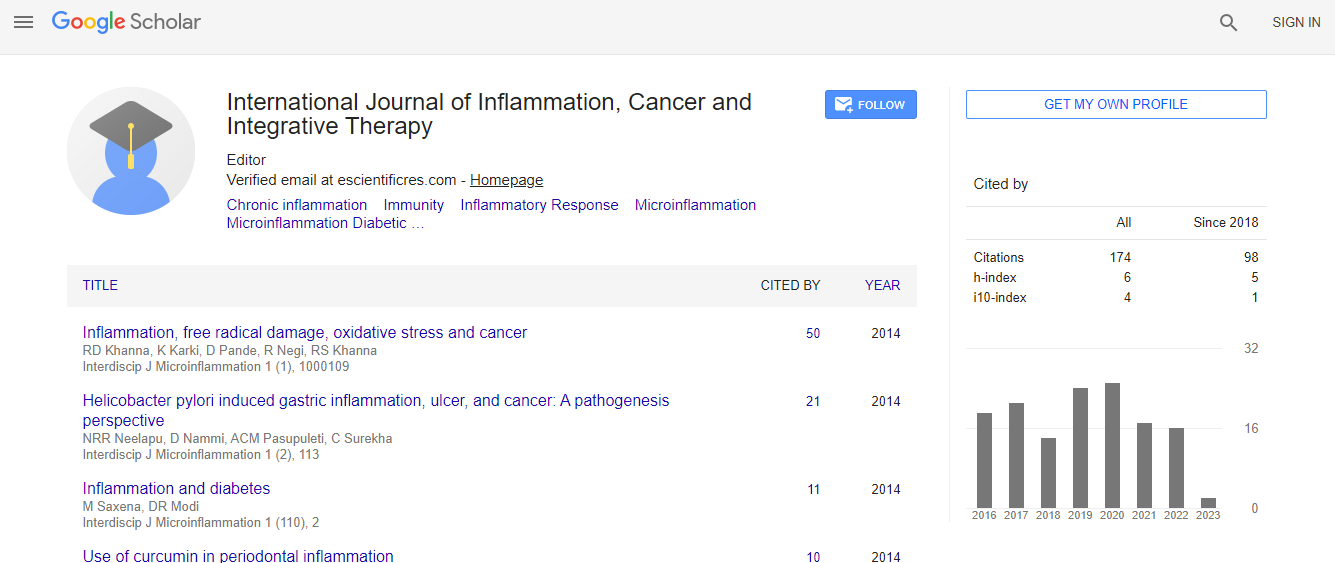Sulforaphane Inhibits Liver Cancer Cell Growth an Angiogenesis
Abstract
Sulforaphane (SFN) exhibits inhibitory effects in different types of cancers. However, its inhibitory effect on liver cancer remains unknown. This study aimed to determine the therapeutic potential of SFN for the treatment of liver cancer and explore the functional mechanisms underlying the inhibitory effects of SFN. Water-Soluble Tetrazolium salt (WST-1) assay was performed to assess the in vitro effect of SFN on cell proliferation in the human liver cancer cell lines, HepG2 and Huh-7. The mRNA levels of Nrf2 target genes and cell cycle-related genes were determined using quantitative RT-PCR. For assessing the inhibitory effect of SFN in vivo, we injected immortalized liver cancer cells into BALB/c nude mice as a xenograft model. SFN was orally administrated daily after tumor inoculation and continued for thirty-five days until their sacrifices. Nrf2 activation, induced by SFN, was confirmed by mRNA upregulation of HO-1, MRP2, and NQO1 in both the cell lines. Significant inhibition of liver cancer cell proliferation by SFN was shown in vitro in a dose-dependent manner by the downregulation of CCND1, CCNB1, CDK1 and CDK2. In in vivo studies, the administration of SFN significantly reduced the subcutaneous tumor burdens at the end of experiments by suppressing tumor cell proliferation, confirmed by Ki67 immunohistochemically analysis. The mRNA levels of CCND1, CCNB1, CDK1 and CDK2 were also decreased in these SFN- treated xenograft tumors. Moreover, CD34 immunostaining elucidated that the intratumoral neovascularization was markedly attenuated in the SFN-treated xenograft tumors. SFN exerts inhibitory effect on human liver cancer cells with antiangiogenic activity. The earlier version of this study was presented at the meeting of AASLD Liver Learning on Oct 2017.

 Spanish
Spanish  Chinese
Chinese  Russian
Russian  German
German  French
French  Japanese
Japanese  Portuguese
Portuguese  Hindi
Hindi 
